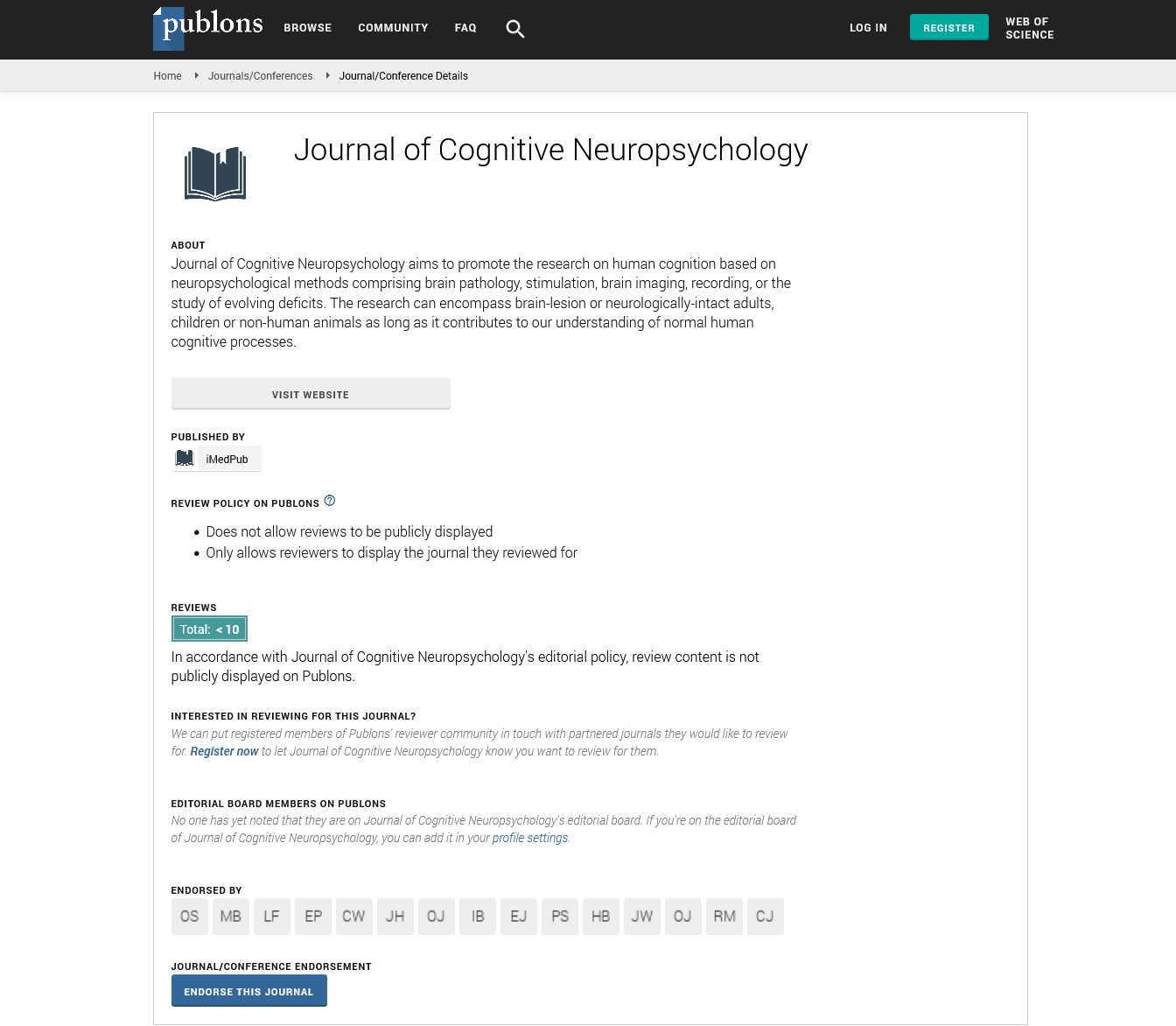Abstract
Cognitive Neuroscience 2020: Modulating Neural Functions Sleep Quality and Level of Consciousness through Meditation- JPN Mishra- Central University of Gujarat, India
The system of Preksha Meditation (PM) is originated from Jain Canonical literature which is based on “Perception of Thoughts”. It is imbued with spiritual powers that cleanse the mind and body of negative energy, and thereby facilitate the improvement in various sensory and motor functions of brain, reduces level of stress, enhances the sleep quality and level of consciousness. The purpose of this study was to assess the efficacy of PM on adolescent post-graduate students by measuring parameters related to psychological status, neurological functions, sleep quality and level of consciousness.
Intense meditation practices help to achieve a harmony between body and mind. Meditation practices influence brain functions, induce various intrinsic neural plasticity events, modulate autonomic, metabolic, endocrine, and immune functions and thus mediate global regulatory changes in various behavioral states including sleep. This brief review focuses on the effect of meditation as a self regulatory phenomenon on sleep.
Meditation practices have been a life style practiced in India thousands of years ago. Proficient meditative practices help to integrate the brain functions, regulate various physiological mechanisms resulting in a state of mental and physical well being. Studies of long term transcendental meditation (TM) practitioners have shown that TM helped to achieve a state of “restful alertness” a state of deep physiological rest which was associated with periods of respiratory suspension without compensatory hyperventilation, decreased heart rate, heightened galvanic skin response along with enhanced wakefulness. This restful alertness and hypometabolic state were believed to be the outcome of physiological and biochemical changes brought about by meditation practices.
Author(s): JPN Mishra
Abstract | PDF
Share This Article
Google Scholar citation report
Citations : 8
Journal of Cognitive Neuropsychology received 8 citations as per Google Scholar report
Journal of Cognitive Neuropsychology peer review process verified at publons
Abstracted/Indexed in
- Google Scholar
- Publons
- MIAR
Open Access Journals
- Aquaculture & Veterinary Science
- Chemistry & Chemical Sciences
- Clinical Sciences
- Engineering
- General Science
- Genetics & Molecular Biology
- Health Care & Nursing
- Immunology & Microbiology
- Materials Science
- Mathematics & Physics
- Medical Sciences
- Neurology & Psychiatry
- Oncology & Cancer Science
- Pharmaceutical Sciences
